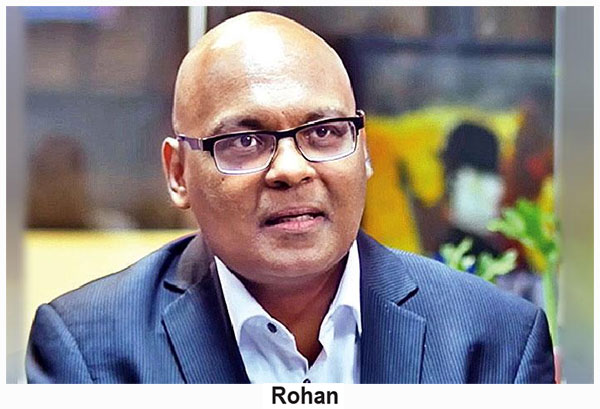News
INSS Director General says no proof Zahran met intelligence operatives

There was no concrete evidence to prove that National Thawheed Jamath (NTJ) leader, Zahran Hashim, who spearheaded the Easter suicide attacks, had met intelligence operatives, Director General Institute of National Security Studies, Sri Lanka (INSS), Prof. Rohan Gunaratna said on Thursday.
Prof. Gunaratna said that there were rumours that Hashim’s wife, Hadiya, had told the Presidential Commission of Inquiry (PCoI) on the Easter Sunday Attacks that the NTJ leader had been contacted by the intelligence agencies.
“However, I have studied the 300-page statement she gave to the PCOI, the 100-page statement she made to the CID unit attached to the
Commission, the 22-page statement that she made to police while at Batticaloa Hospital and two previous statements to CID while she was at her mother’s house in Kekunagolla. She doesn’t say anywhere that Zahran met intelligence operatives. I have also interviewed Hadiya for months. She didn’t tell me any such thing,” he said.
The INSS Director General said that in videos that Zahran had released, he continuously referred to intelligence operatives as dogs and that they were his enemies. Prof. Gunaratna also insisted that Hadiya, who was married to Zahran at the age of 15, opposed him ideologically and even refused to wear the clothing worn by Wahhabists.
Prof. Gunaratna said that Zahran and the NTJ had not received any funding from non-Muslims and most of the funding came from the two Ibrahim brothers.
“In the footage, we uncovered, Zahran insists that the money is halal and that they are funded by believers. He adds that they received no money from non-Muslims or governments. The Ibrahim brothers, the sons of a wealthy spice trader, were his main sources of funding. This is what both local and foreign investigators here have found,” he said.
Prof. Gunaratna said that while most Muslims didn’t support the ideology espoused by Zahran, steps should be taken to curb the spread of Salafism and Wahabism. Those ideologies were competing with traditional Islam, and it would have dangerous consequences, he said.
“Traditional Islam practiced here was a beautiful ideology. There was no separation between Muslims and non-Muslims. However, after opening up the economy and especially after the tsunami, a tiny segment started to look and think differently. Their dress code, schools, food, and practices changed. If you look at the Ibrahim brothers, they didn’t have their children vaccinated and they insisted on home schooling. They disrupted the excellent friendship that existed between Muslims and non-Muslims. These ideologies must be tightly controlled. We need a rehabilitation programme and to regulate religious space. Salafism and Wahabism inevitably lead to exclusivism that leads to extremism and extremism leads to terrorism,” Dr. Gunaraten said. (RK)